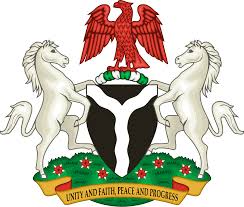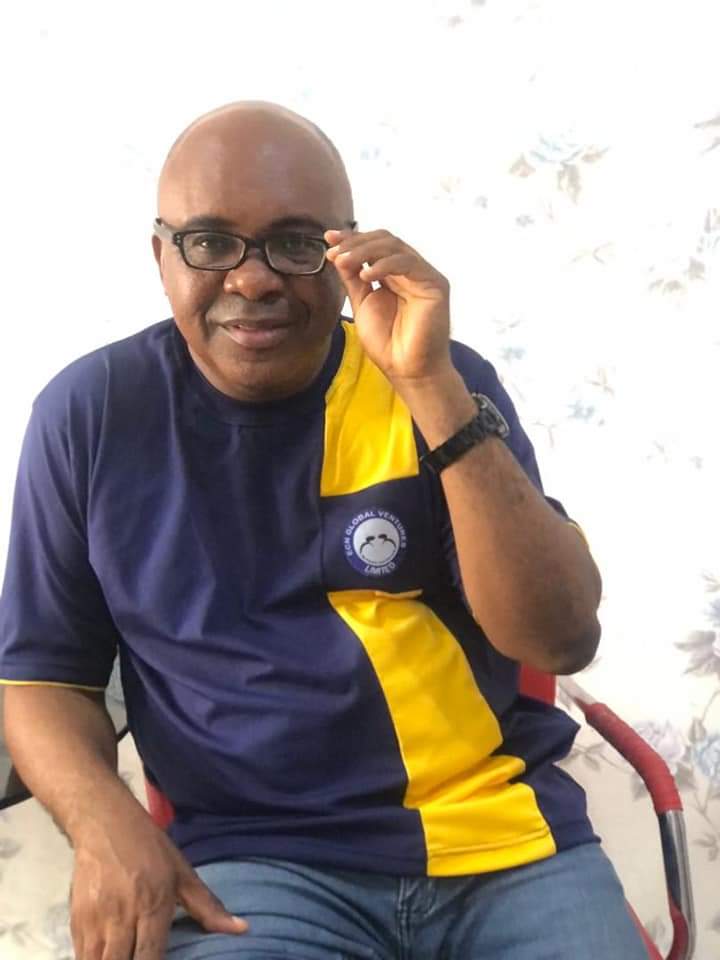My Nigerian Dream

BY ERNEST OSOGBUE
What really is the Nigerian dream? This question has agitated my mind over the years, and as much as I have made efforts to find answers to it, the answer remains elusive. In some countries, the vision of what citizen desires are, remain variously articulated in the national constitution, and shape citizen attitude and perception of their country. In Nigeria, a careful scouring of the constitution through its various chapters and schedules gives no clear indication of a vision for the citizen. In fact, the Nigerian constitution looks like an apartheid constitution, with clauses that lift one part of the country above the other. The place of the citizen, in terms of his needs, desires, expectations, and personal fulfilment, are completely absent.
The issues of excellence, competence and ability, are completely subsumed under the search for national integration. Which presupposes, that the federal character principle, is superior to excellence in the quest for a united country. This is not necessarily correct from my standpoint. I believe that a productive country run by competent citizens from any part of thereof, who ensure that the nation yields equally for all, stands a better chance of survival and unity, than a country where mediocrity is enthroned in the name of federal character for national integration.
I, however, digress, the purport of this piece is not to discuss the failings of the Nigerian constitution, but to look at it, to the extent that it does not provide a clear vision of what constitutes the Nigerian dream. By dream, I mean what the average Nigerian should aspire to attain or to become. On a regular basis, we hear of the American dream, and while most countries may not articulate theirs in a single phrase, the point remains however, that citizens have their inherent desires, and clear-cut processes for achieving them. In our country, this is not the case.
It appears as if the Nigerian dream is a mirage; the closer you get to it, the more it seems farther away. For instance, the American dream is clearly defined and attainable without inhibitions. So much so that any American citizen desirous of achieving the dream, has access to it. If a dream remains unattainable, however, then it becomes an illusion. It follows, therefore, that the Nigerian dream could be said to be an illusion.
The American dream for example, presupposes that; everyone, no matter where they come from, has equal access to opportunity as long as they are willing to work for it. This fact has become so embedded in the American mind, that it has become a creed. You can get it if you really want it, is the title of a famous song by Jimmy Cliff, and could be said to be a paraphrase of the American dream. In Nigeria, however, no matter how much you want it, you may never get it, unless you steal it.
While the American dream infers that if you work hard enough, you will attain your goals, in Nigeria, however, you could work as hard as you want, you may never achieve your desires, not because you didn’t work hard enough, but simply because of inherent obstacles put forward by the system. Obstacles such as quota system, federal character, state of origin, religion, tribe, etc., these are some of the factors that have combined to keep Nigeria down, despite the array of brilliant minds with which the country is blessed.
Over time, it appears as if Nigeria deliberately sabotages herself. The country is more interested in ethnic balance than in productivity. It is believed, and supported by the constitution, that the appointment of persons into office from all the states and all the regions will engender unity than otherwise. Unknown to most people, and the drafters of the constitution, a productive country that meets the needs of its citizens, irrespective of where government officials come from or their religion, is likelier to engender unity than federal character. A prosperous nation automatically breeds happy and satisfied citizens. As has been proven by the Super Eagles of Nigeria, nobody cares where the individual players in the team come from, or what faith they profess. When the team wins, the entire nation rises as one to celebrate. We go out to hug each other, and cry happy tears with each other, irrespective of tribal or religious differences.
It is quite obvious, that the federal character principle has failed, either to engender unity, or to enthrone prosperity. The time has come therefore, for Nigeria to allow her citizens feel free and express themselves to the best of their abilities. This I believe would engender healthy competition among citizens, states and regions, which would ultimately lead to every Nigerian being the best that they can be, and in the process, lift Nigeria to attain her full potential. As it stands, Nigeria deliberately stifles her citizens, and prevents them from being the best of themselves. This is mostly responsible for the upsurge in the japa syndrome. Nigerians now feel more comfortable in countries that give them the opportunities which their own country denies them. What an irony!
It is high time Nigeria began to look into matters of citizenship and make efforts to harvest the brilliance and abilities of her citizens. It is wrong for a nation to fold her arms and watch her citizens run away to develop other countries, while she wallows in underdevelopment and poverty. Nigerians are respected and held in high esteem in every country except in Nigeria. This paradox must end. Our leaders must begin to see beyond regional and religious prisms.
The current system we operate, is mostly responsible for the insurgency and banditry being witnessed in parts of the country. Agitations for secession and other forms of breakup, are as a result of Nigeria not giving its citizens the opportunities to fully express themselves. The fear of domination by some sections of the country is mostly responsible for this situation. There is the need therefore, to formulate a national creed that uplifts being Nigerian above our ethnic and religious affiliations. This means that in all that we do, in any position we find ourselves, and in any service, we wish to render, we must first think Nigerian before anything else.
We must borrow from Rwanda, where being Rwandese, has been elevated above every other consideration. The results for Rwanda are obvious for everyone to see. If we do not answer this call and take urgent action, the issues of ethnicity, religious affiliation and other primordial considerations, may conspire to rob Nigeria of her God given leadership in Africa, which may lead to catastrophic consequences.0


Write a Comment